Pakistan's Fight Against Terrorism: General Munir's "Hard State" Proposal
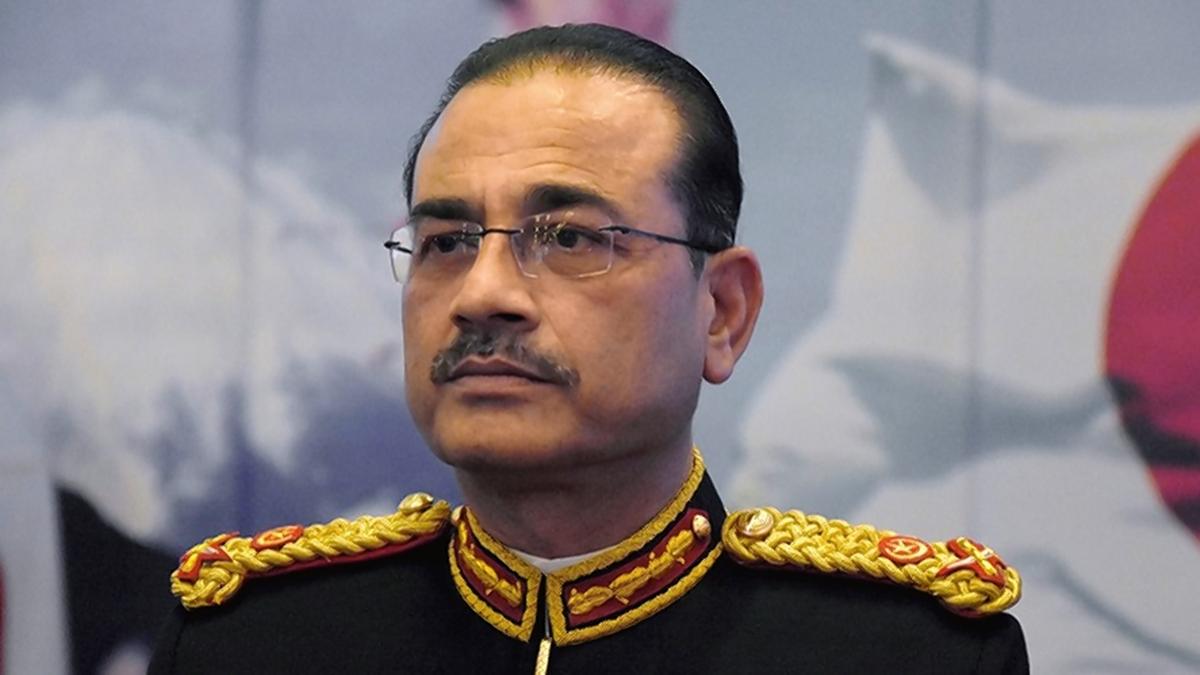
Welcome to your ultimate source for breaking news, trending updates, and in-depth stories from around the world. Whether it's politics, technology, entertainment, sports, or lifestyle, we bring you real-time updates that keep you informed and ahead of the curve.
Our team works tirelessly to ensure you never miss a moment. From the latest developments in global events to the most talked-about topics on social media, our news platform is designed to deliver accurate and timely information, all in one place.
Stay in the know and join thousands of readers who trust us for reliable, up-to-date content. Explore our expertly curated articles and dive deeper into the stories that matter to you. Visit Best Website now and be part of the conversation. Don't miss out on the headlines that shape our world!
Table of Contents
Pakistan's Fight Against Terrorism: General Munir's "Hard State" Proposal Sparks Debate
Pakistan's ongoing struggle with terrorism has taken a new turn with Chief of Army Staff (COAS) General Syed Asim Munir's controversial proposal for a "hard state" approach. This bold strategy, outlined in recent addresses and interviews, aims to decisively tackle the country's complex security challenges, but has ignited fierce debate among policymakers, analysts, and the public. This article delves into the specifics of General Munir's proposal, its potential implications, and the controversies surrounding it.
Understanding the "Hard State" Approach:
General Munir's vision of a "hard state" isn't about authoritarianism, as some critics suggest. Instead, it focuses on strengthening the state's capacity to effectively counter terrorism and organized crime. Key elements of this approach reportedly include:
- Enhanced intelligence gathering and operations: This involves improving the capabilities of Pakistan's intelligence agencies to preempt terrorist attacks and dismantle networks. This necessitates better coordination between different agencies and possibly increased technological investment.
- Strengthening law enforcement: This entails reforming and empowering law enforcement agencies to effectively prosecute terrorists and criminals, ensuring justice is served. This requires addressing issues of corruption and capacity within these institutions.
- Targeted operations against militant groups: This element involves more assertive military and counter-terrorism operations against militant groups operating within Pakistan, particularly those targeting civilians. This would demand careful consideration of human rights and collateral damage.
- Addressing the root causes of extremism: While focusing on a "hard" approach, the proposal also acknowledges the need to tackle the socio-economic factors that contribute to extremism. This includes improving education, job opportunities, and addressing grievances within society.
The Controversies and Challenges:
While the proposal aims to bolster national security, several concerns have been raised:
- Human rights concerns: Critics worry that a "hard state" approach might lead to human rights violations, extrajudicial killings, and increased surveillance. Balancing national security with fundamental rights remains a crucial challenge.
- Balancing hard and soft power: The effectiveness of the "hard state" strategy depends on its integration with softer approaches like dialogue, rehabilitation, and reconciliation. A purely forceful approach may prove counterproductive in the long run.
- Inter-agency coordination: Successful implementation requires seamless coordination between the military, intelligence agencies, and civilian law enforcement. Historical issues of inter-agency rivalry could hinder progress.
- Public opinion and acceptance: Securing public support for a "hard state" approach is crucial for its success. Transparency and accountability are necessary to prevent the strategy from being perceived as oppressive.
International Implications and Comparisons:
Pakistan's strategy bears some resemblance to other countries' counter-terrorism approaches, albeit with unique contextual factors. Comparing Pakistan's challenges to those faced by countries like Israel or India, which have long grappled with terrorism, offers valuable insights but also highlights the specific complexities Pakistan faces due to its geopolitical location and internal dynamics. [Link to a relevant article comparing counter-terrorism strategies].
Conclusion:
General Munir's "hard state" proposal represents a significant shift in Pakistan's counter-terrorism strategy. Its success hinges on careful implementation, addressing human rights concerns, and fostering collaboration between various state institutions. The debate surrounding this proposal is likely to continue, shaping the future of Pakistan's fight against terrorism. It's crucial to monitor its implementation closely and assess its long-term impact on Pakistan's security and stability. Further research and informed discussion are vital for navigating this critical juncture in Pakistan's history.

Thank you for visiting our website, your trusted source for the latest updates and in-depth coverage on Pakistan's Fight Against Terrorism: General Munir's "Hard State" Proposal. We're committed to keeping you informed with timely and accurate information to meet your curiosity and needs.
If you have any questions, suggestions, or feedback, we'd love to hear from you. Your insights are valuable to us and help us improve to serve you better. Feel free to reach out through our contact page.
Don't forget to bookmark our website and check back regularly for the latest headlines and trending topics. See you next time, and thank you for being part of our growing community!
Featured Posts
-
 Ai Chatbot Falsely Implicates Man In Child Deaths
Mar 21, 2025
Ai Chatbot Falsely Implicates Man In Child Deaths
Mar 21, 2025 -
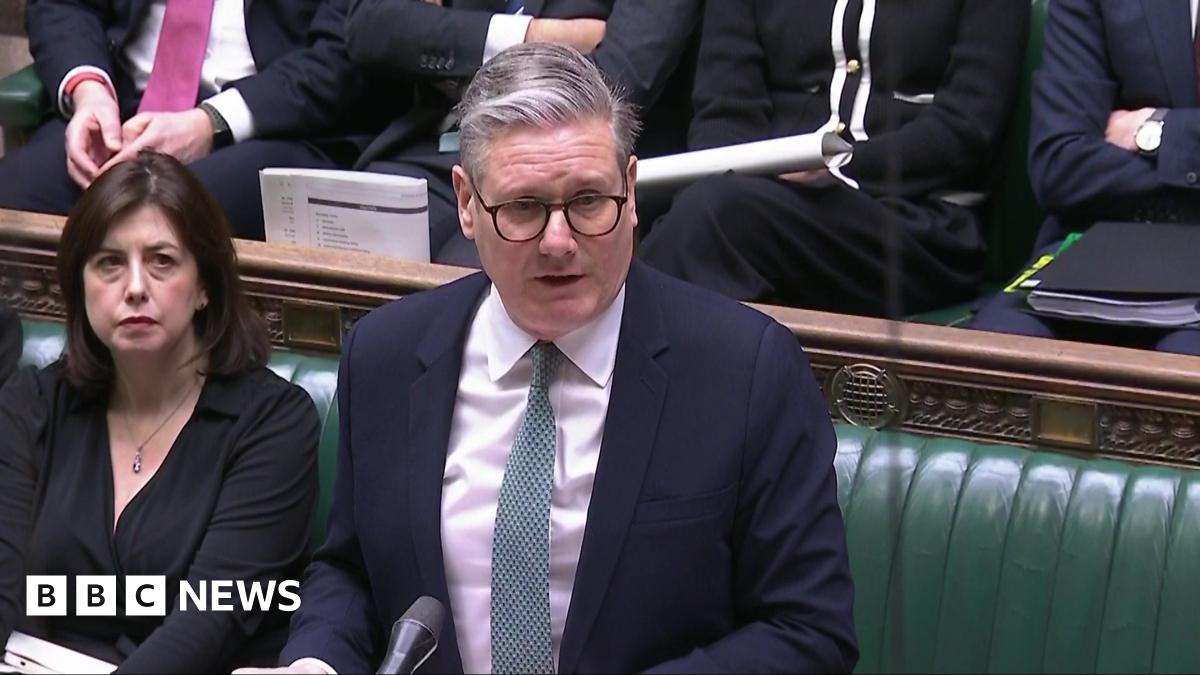 Calls Grow For Hospice Tax Exemption Will Starmer Listen
Mar 21, 2025
Calls Grow For Hospice Tax Exemption Will Starmer Listen
Mar 21, 2025 -
 Exploitation Alleged Brothers Question Validity Of Power Of Attorney Given To Church Minister
Mar 21, 2025
Exploitation Alleged Brothers Question Validity Of Power Of Attorney Given To Church Minister
Mar 21, 2025 -
 Ferraris F1 Pace Puzzle Hamiltons Unexpected Pole Position
Mar 21, 2025
Ferraris F1 Pace Puzzle Hamiltons Unexpected Pole Position
Mar 21, 2025 -
 Menjelajahi Tren Velocity Mengapa Viral Dan Bagaimana Mengikutinya
Mar 21, 2025
Menjelajahi Tren Velocity Mengapa Viral Dan Bagaimana Mengikutinya
Mar 21, 2025
Latest Posts
-
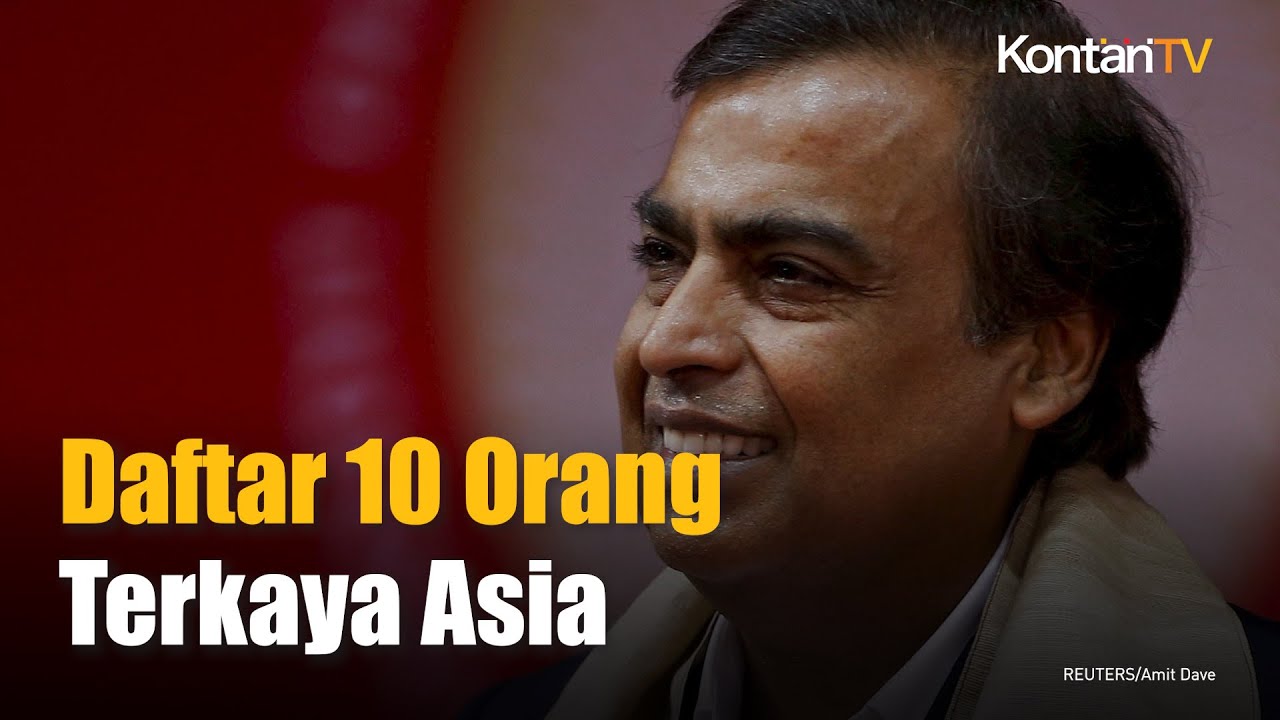 Analisis Daftar 10 Orang Terkaya Asia Forbes Implikasi Bagi Indonesia
May 09, 2025
Analisis Daftar 10 Orang Terkaya Asia Forbes Implikasi Bagi Indonesia
May 09, 2025 -
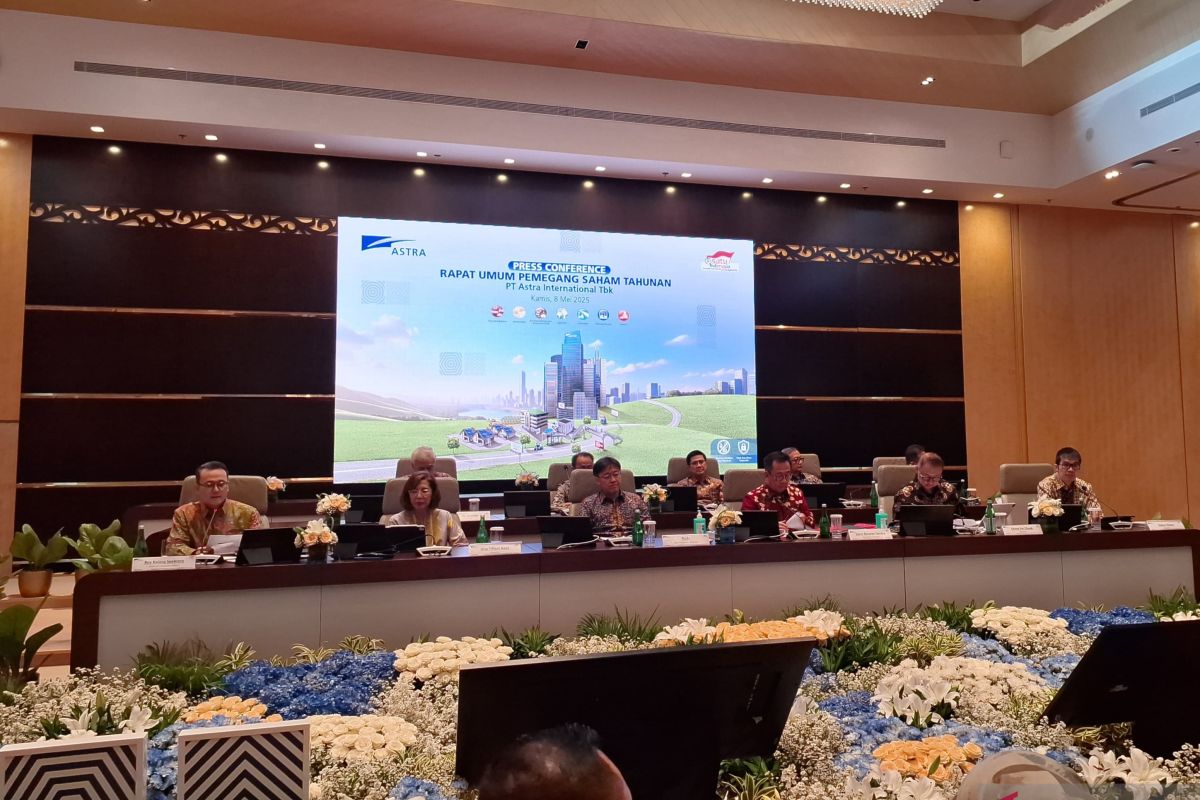 Alokasi Capex Astra Rp25 Triliun Fokus Pada Sektor Bisnis Utama Tahun 2025
May 09, 2025
Alokasi Capex Astra Rp25 Triliun Fokus Pada Sektor Bisnis Utama Tahun 2025
May 09, 2025 -
 Rapor Akhir Shayne Pattynama Di Kas Eupen Statistik Dan Kontribusi
May 09, 2025
Rapor Akhir Shayne Pattynama Di Kas Eupen Statistik Dan Kontribusi
May 09, 2025 -
 A Calculated Pause Ukraines Perspective On Russias Recent Military Slowdown
May 09, 2025
A Calculated Pause Ukraines Perspective On Russias Recent Military Slowdown
May 09, 2025 -
 Perpisahan Shayne Pattynama Dan Kas Eupen Konfirmasi Resmi
May 09, 2025
Perpisahan Shayne Pattynama Dan Kas Eupen Konfirmasi Resmi
May 09, 2025 -
 Sycamore Gap Tree Felling Prosecutor Details Accuseds Callous Remarks
May 09, 2025
Sycamore Gap Tree Felling Prosecutor Details Accuseds Callous Remarks
May 09, 2025 -
 Hornsea 4 Cancellation Implications For The Future Of Offshore Wind
May 09, 2025
Hornsea 4 Cancellation Implications For The Future Of Offshore Wind
May 09, 2025 -
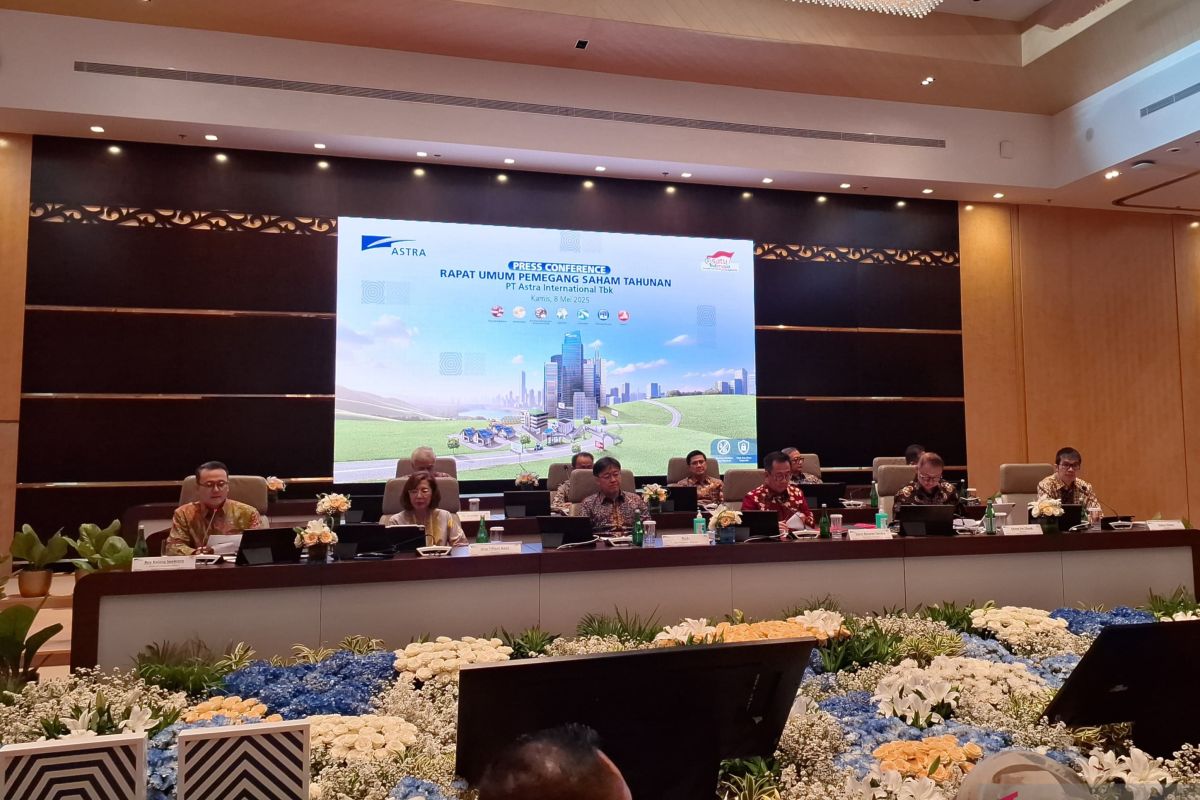 Investasi Jumbo Astra Rp25 Triliun Untuk Pengembangan Bisnis Utama Di 2025
May 09, 2025
Investasi Jumbo Astra Rp25 Triliun Untuk Pengembangan Bisnis Utama Di 2025
May 09, 2025 -
 Understanding The 2025 Met Gala History Significance And Predictions
May 09, 2025
Understanding The 2025 Met Gala History Significance And Predictions
May 09, 2025 -
 Putins Game Why Ukraine Refuses To Negotiate Under Russian Terms
May 09, 2025
Putins Game Why Ukraine Refuses To Negotiate Under Russian Terms
May 09, 2025
